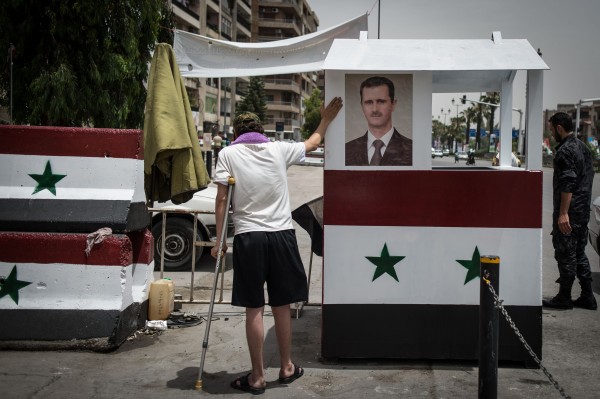

Follow us on:  
|


The Astana talks will in part look at ways to strengthen the current ceasefire in place throughout Syria [Xinhua]
The talks are attended by Iranian Deputy Foreign Minister Hossein Jaberi Ansari, Turkish Deputy Undersecretary for the Middle East and Africa, Syria’s ambassador to the UN Bashar Jaafari, and Russia’s Special Envoy to Syria Alexander Lavrentyev.
Lavrentyev said that much groundwork was done to prepare for the talks and warned that a simple solution to the six-year conflict is unlikely.
“Preparatory work has been rather intensive. Today, we spoke with the Iranian and Turkish sides in a trilateral format and have managed to bring closer our position on most of the issues on the agenda,” he told Russian news agency TASS.
However, he said he remained optimistic that major differences could be overcome during the talks.
The United Nations Secretary-General António Guterres dispatched UN Special Envoy to Syria Staffan de Mistura, Deputy Special Envoy to Syria Ramzy E. Ramzy, and his political director, Robert Dann, to represent the UN at the talks.
Although the US was invited to participate in the talks, the Trump administration decided not to send a delegation but instead be represented by American Ambassador to Kazakhstan George Krol.
Syrian opposition groups are participating in the talks under an umbrella coalition delegation. Groups such as Al-Nusra Front, Al-Qaeda and the Islamic State are considered terrorist organizations by Russia, Turkey, Iran and Syria and therefore not only excluded from the talks but from the current ceasefire as well.
The BRICS Post with inputs from Agencies